10 Pros & Cons of Metal Raised Garden Beds (2025 Guide)
-
Jana Blagojevic
- Last updated:
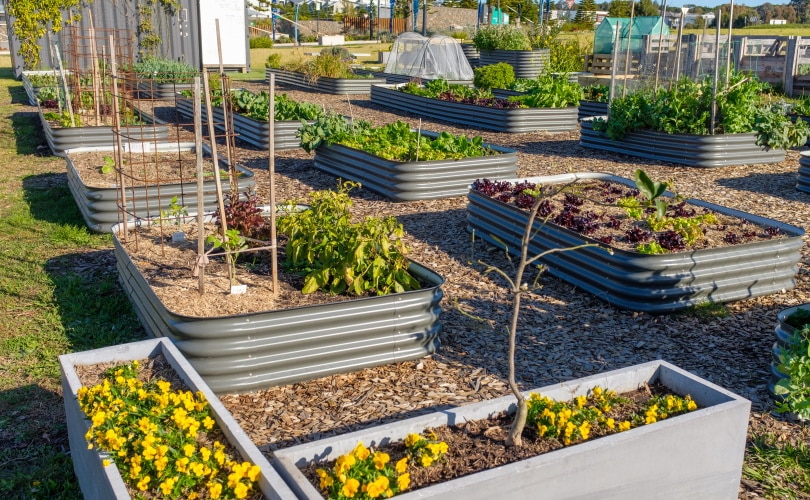
Metal raised garden beds are rapidly gaining popularity and there are solid arguments for why these garden beds can enhance the functionality and appearance of your garden. They bring a modern and industrial style to your backyard while providing a lot of practicality for many years. They’re durable and sturdy and can withstand any weather conditions. While these structures are incredible for growing vegetables, herbs, and other plants, some disadvantages need to be mentioned.
All the benefits of these structures make them loved by many gardeners, but there are some cons, so read the article below and discover all the details about metal garden beds.
Pros of Metal Raised Garden Beds
The benefits metal garden beds bring to the garden are significant, which is why most gardeners fall in love with them. Below you can find some of the most critical aspects that make metal beds so popular and widely used.
1. Easy to Build
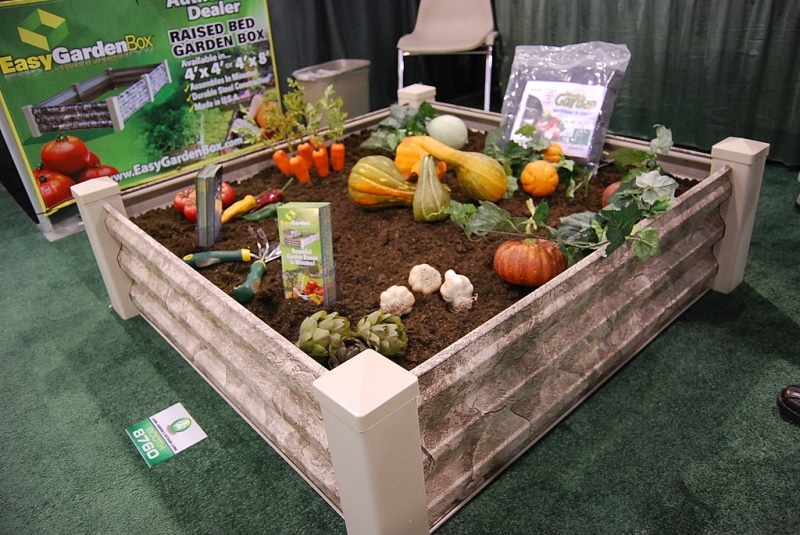
Metal garden beds are usually the easiest to craft out of all types of garden beds. Wooden beds need many modifications, such as cutting to size, screwing, nailing, sanding, or painting. On the other hand, metal garden beds are usually cut to your desired length; all you need to do is connect them into a rectangular shape. Crafting metal garden beds doesn’t require special knowledge or skills and you will only need a basic set of tools.
They are easy to build and take apart and move to any location you may need. They are highly versatile and can also be used in greenhouses.
2. Better Soil Quality
The most challenging thing in gardening is providing all the ideal conditions for your plant to thrive. While some things you can control, such as watering levels or fertilization, it’s challenging to customize your garden soil to fit your needs. One excellent advantage of using metal gardening beds is the ability to control and closely monitor the soil and change it as you wish.
Metal garden beds are like large containers or pots where you can easily modify the soil and replant your vegetables quickly—you can control the type of soil you use entirely, and if your plants are not enjoying it, you can always switch it up.
3. Easier Pest Control
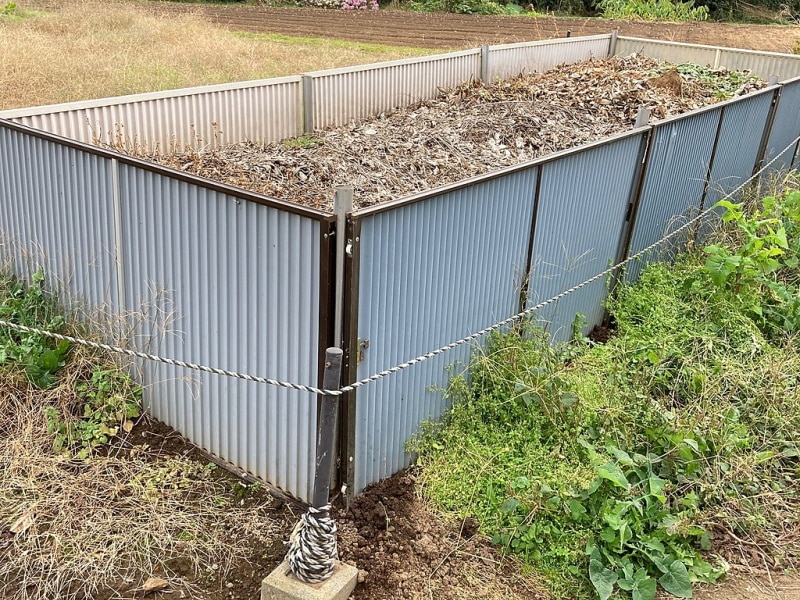
Another huge problem with traditional gardening is insect and pest infestations. You can easily solve this common issue with raised gardening beds since you’ll be able to monitor your crops closely. Metal garden beds are entirely safe from moles, voles, and gophers that can’t dig up your soil to reach the crops.
Another benefit of planting vegetables in raised beds is controlling the insects that inhibit your plant. Insects will have difficulty reaching them, and your plants will be safe from other infested plants. While harmful insects can still get to your plants, this circumstance is less likely to occur in a raised garden bed.
4. Durable Structure
Metal garden beds are usually much sturdier and tougher than wooden or other materials. It is a sturdy and strong material that will last a long time without any changes. It won’t warp or bend in different conditions and is much tougher than wood. While wood will probably rot due to humidity over time and tends to shrink or expand at different temperatures, metal will stay largely unchanged.
5. Attractive Design
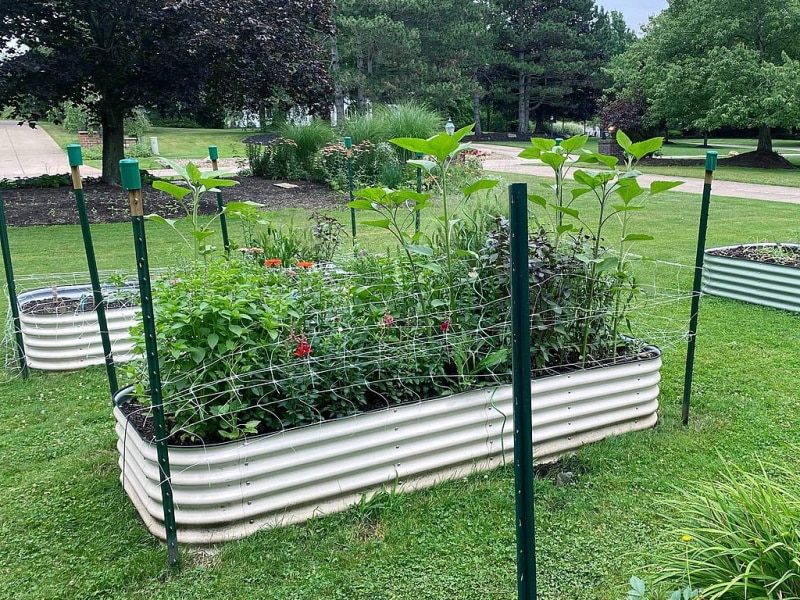
Metal raised beds in your garden can certainly bring an interesting atmosphere to the landscape. These unique structures usually seem rustic and metal beds will bring a modern and industrial feeling to your yard.
The different looks of these beds are made to enhance the contemporary style of your backyard, while they can seem simple and neutral simultaneously. You can buy ready-made metal beds in various sizes, shapes, and colors depending on your style and preference.
Cons of Metal Raised Garden Beds
While there are significant advantages to building metal raised beds in your garden, some important aspects might not be alluring for you and your particular needs.
6. They Overheat Easily
Most metal structures will overheat when overly exposed to sunlight. This might be an issue if your metal garden beds are directly exposed to sunlight. Avoid growing heat-sensitive plants in your metal beds since the heat may harm them. The best type of metal for garden beds is galvanized metal because its surface is highly reflective and won’t absorb as much sunlight.
7. Expensive
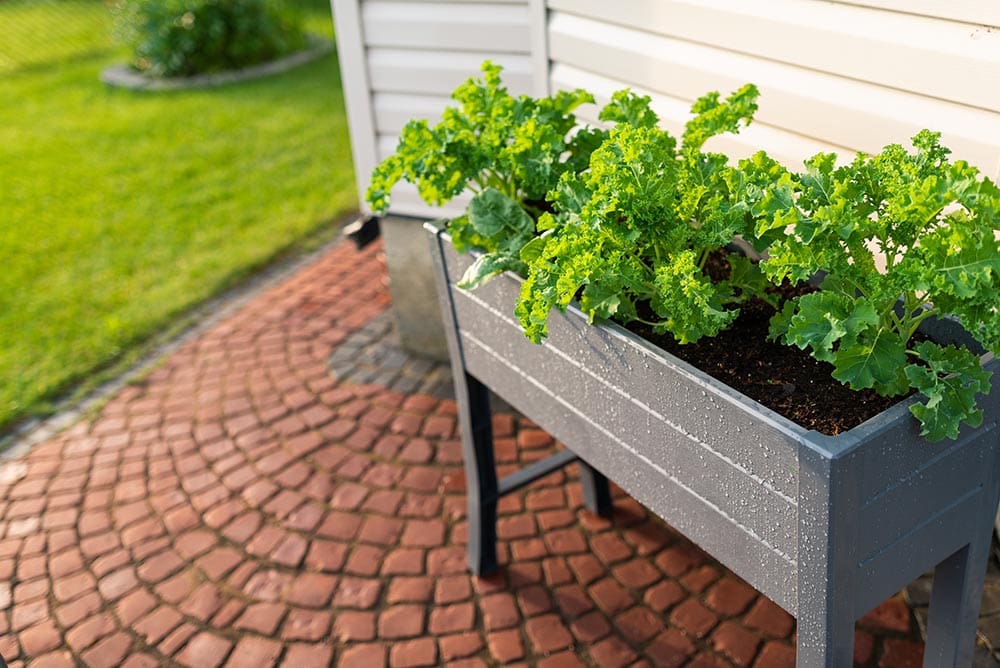
Since metal garden beds are usually made of high-quality materials, they tend to have a higher price. Garden beds are generally more expensive than traditional gardening, but metal gardening beds are also the most expensive type of raised beds. While this type of garden bed is not as cheap and affordable as regular garden beds on the ground, it is still not a huge investment.
If you choose to go for metal gardening beds, there are cheap options on the market that won’t affect your budget too much.
8. Metal May Rust Over Time
Using the right type of metal for these gardening beds is crucial to maintain the structure’s integrity. If you use the wrong metal, your bed garden bed will begin rusting after some time, leading to a flaky and weak structure with holes and discoloration. The best metal to use to avoid any damage is galvanized metal. Galvanized metal is usually made from steel that is dipped into molten zinc. This type of protection makes it safe from rusting.
However, even when the sides are made from galvanized metal, sometimes the joints are prone to rust and may break over time.
9. Prone to Dents and Scratches
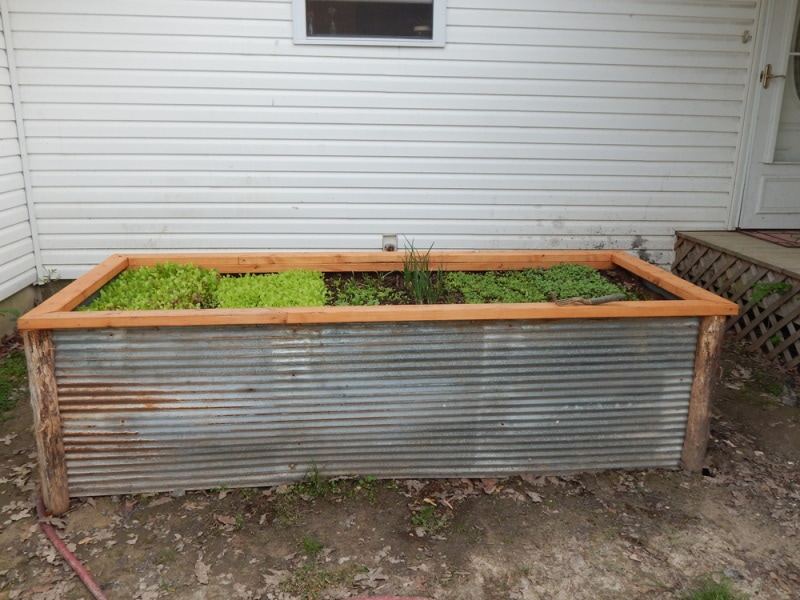
Another significant downside to metal gardening beds is the possible scratches and dents. If you are a busy gardener that spends a lot of time near raised beds, there is a good chance you may knock into the metal with your gardening tools. While this is not an issue with wooden beds, marks and flaws on metal beds will be much more visible. If you choose a thinner metal bed, these dents may even change the overall shape and sturdiness of the structure.
Choosing a thicker material that will be harder to knock out of shape is always recommended.
10. Dry and Fast-Draining Soil
The majority of vegetables and herbs you plant in metal raised beds will enjoy the dry environment and soil type, although some plants will suffer in these conditions. While dry soil is one of the bigger disadvantages of metal garden beds, it doesn’t present a huge risk and can be improved or changed to fit the particular needs of one plant. Some herbs, such as parsley or mint, thrive in a moist environment, and planting them in metal beds with fast-draining soil can harm their growth.
To ensure these particular plants don’t end up hurt or stunted, water them frequently.
Conclusion
Each structure in the garden has its advantages and disadvantages. While metal garden beds are strong and sturdy constructions, for the most part, they have some downsides you need to know before making your decision. If you do install creating metal raised beds in your garden, they will bring you many years of delicious veggies and herbs!
- Related Read: The 10 Best Soils for Raised Garden Beds
Featured Image Credit: HollyHarry, Shutterstock
Contents


